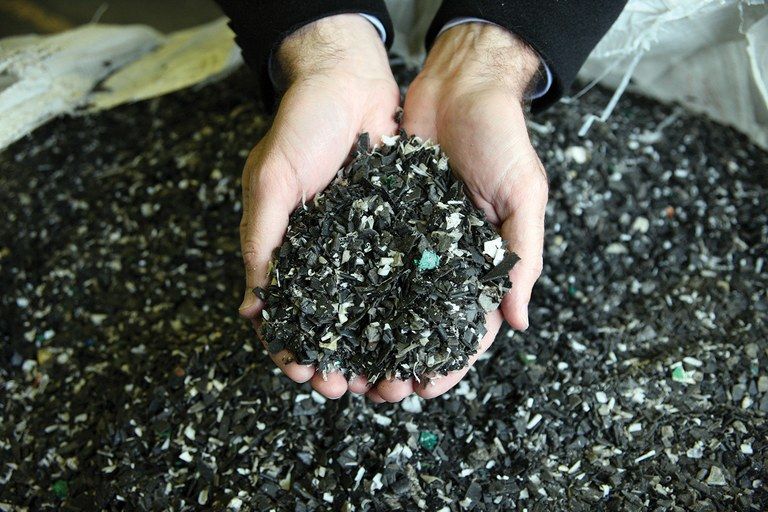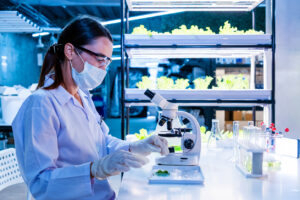Commercial farming, like most of the modern world, is heavily reliant on plastics. The plastic tubes and films used in Ag to cover crops, soils, and other applications are a huge source of hard-to-recycle waste once they’re discarded. However, with new biodegradable covers debuting on farms in places like Finland, the market could soon open up to healthier, more economical alternatives.
Plastic covers — known as plasticulture in the Ag industry — perform a variety of functions, from pest control and weed reduction to the conservation of natural resources, such as water, sunlight, and nutrients. While plasticulture helps farmers make the most out of the growing season, it’s also inherently unsustainable; removal is costly, requires extensive labor, and used plastic is often heavily soiled, which renders it unsuitable for recycling. With over 15 million hectares of land covered in horticultural plastics globally, that’s a lot of waste destined for landfills.
In response to these problems, MTT Agrifood Research Finland, a research institute, and Stora Enso, a Finnish paper and biomaterial manufacturing company, have embarked on an ongoing effort to develop paper-based biodegradable cover material for farms. After years of research, renewable bio-covers are now being introduced into practical farming this summer.
Kari Tiilikkala, a professor at MTT, explains that while paper is not durable on its own, its decomposition time is extended when it’s treated with a birch distillate. Based on MTT’s findings, the bio-covers adequately prevented the growth of weeds, maintained moisture levels in the soil, and even outperformed plastics in the realm of plant gas metabolism. They functioned the best in high tunnel cultivation, in conjunction with gauze and insect nets.
“Using this cover, domestic products can be produced for consumers using less or even no pesticides. This material is also highly suitable for organic horticulture,” Tiilikkala said.
Although these results are promising, bio-covers are still in the early stages of development, and further testing is necessary before these products are ready to hit the market. MTT and Stora Enso will continue research on covers made from a variety of renewable materials, with projects scattered across Finland, Egypt, Sweden, Germany, and Spain.
“This is a major step forward, with positive experiences being reported by production horticulture,” said Raino Kauppinen, Research and Development Manager at Stora Enso. “Our goal is to bring the product to the test-marketing phase in the next growth season.”
Esko Holmes, a farmer and commercial horticulturalist from Salo, Finland, is optimistic about bio-covers after becoming involved in their development, and testing them on his farm for two years.
“This product will have a huge market, as new covers need to be purchased for fields every summer,” said Holmes. “Plastics simply have no future.”
If you have any news or insights to share, drop us a line at [email protected].
FEATURED PHOTO: Cathy Cheney/Sustainable Business Oregon





